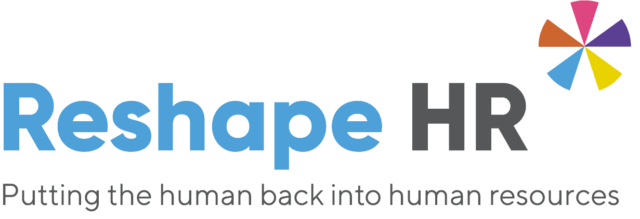While mental health in the workplace has become a hot topic in recent years, there’s no doubt some stigma still exists around discussing mental health in a professional setting. With the ongoing effects of the pandemic, increased remote working and blurring of lines between home and work life, addressing mental health in the workplace has become increasingly difficult.
Positive mental health at work helps us flourish in our roles, manage stress and improve our resilience. In the long run, it allows us to reach our highest potential.
What is causing the increase of mental health issues in the workplace?
- There are many factors to consider including the impact of the lockdown.
- Some employees will be anxious about their family and friends.
- Many will have suffered bereavements, often without the chance to say goodbye or attend funerals.
- Fears about job security, returning to the workplace (including using public transport for commuting) and financial concerns.
However, there are still many other work-related factors that can harm mental health, such as excessive workload, financial difficulties, poor communication and workplace bullying.
Survey (see appendix 1)
A survey of employees from 129 UK businesses carried out by Wildgoose, which is a team building and virtual events business, discovered that:
- Two in three people experienced worse mental health at work over the last year, compared to the previous.
- One in three employees feel less able to raise mental health concerns during remote meetings.
- 86% of employees feel that their workplace is not a safe environment for employees to be open about mental health concerns.
What can businesses do to support employees with their mental health?
It starts with knowing the signs of mental health. Even with a healthy work culture in place, some employees may struggle with underlying mental health conditions, with or without the added stress of the pandemic.
It’s easy to miss some of the early warning signs of mental illness in the workplace. Common signs that you should look out for are:
- Long-lasting sadness or irritability
- Extremely high and/or low moods
- Excessive fear, worry, or anxiety
- Social withdrawal
- Dramatic changes in eating and/or sleeping habits
Communicate more than you think you need to
Meet with employees often to check-in, not just regarding work, but also on how they are doing in general.
By simply asking an employee, if there’s anything that they need can be extremely impactful in showing you care, especially for employees who are more reluctant to ask for help.
Make sure you always keep your team informed about any business changes or guideline updates. Additionally, you can set expectations on workloads or projects and recognise that things may slide from time to time, but it’s how you manage these together as a team.
Make your team aware of mental health resources and encourage them to use them. Be aware that shame and stigma prevent many employees from using mental health benefits to seek treatment, so normalise the use of those services.
Encourage team support
An important part of a healthy work environment is a team that supports one another. As a line manager, encouraging working together as a team and participating in group exercises to de-stress can prove beneficial.
To help employees feel connected while they are physically distanced i.e., working from home, you can organise team-building activities for virtual socialisation, such as:
- Trivia/game night
- Group fitness classes
- Virtual happy hour
- Video show and tell
- Book clubs
Both businesses and line managers need to make it clear that discussing mental health is important and nothing to be ashamed of. You should communicate that talking about mental health will lead to support and not discrimination. This could be achieved through normalising conversation around mental health in the workplace and actively encouraging discussion.
If you think your own mental health may be affecting your work, reach out to your line manager or HR team who will then be able to assist you further. You’re more likely to feel better knowing that you have a support group around you who can assist you.
If you would like to know more or take part in mental health events, take a look at our previous blog post on Mental Health Awareness Week for more information and resources.
Reshape HR is here to assist. We work with a variety of clients based across the UK, so if you are looking for HR or Payroll support or simply looking to run something past us, please do get in touch with us via:
T: 0141 471 5510
E: info@reshapehr.com
W: reshapehr.com
Appendix 1:
| Within the finance industry: | The hospitality industry: | The communications sector – marketing, advertising and PR – saw the greatest impacts from the decline of social contact: |
|---|---|---|
| – 68% of employees had experienced increasingly poor mental health at work over the last year – Mental health absences were far higher in the financial services than others | – 64% increase in reported poor mental health in the last 12 months. – 100% of respondents to the survey agree that they don’t receive enough support. – 32% of employees feel comfortable raising mental health concerns. | – Two in five employees surveyed feel less able to raise mental health issues during remote meetings (despite nine in ten companies having a process in place for remote employees to raise their concerns). – 34% feel that a lack of in-person socialising makes mental health concerns harder to spot. |





